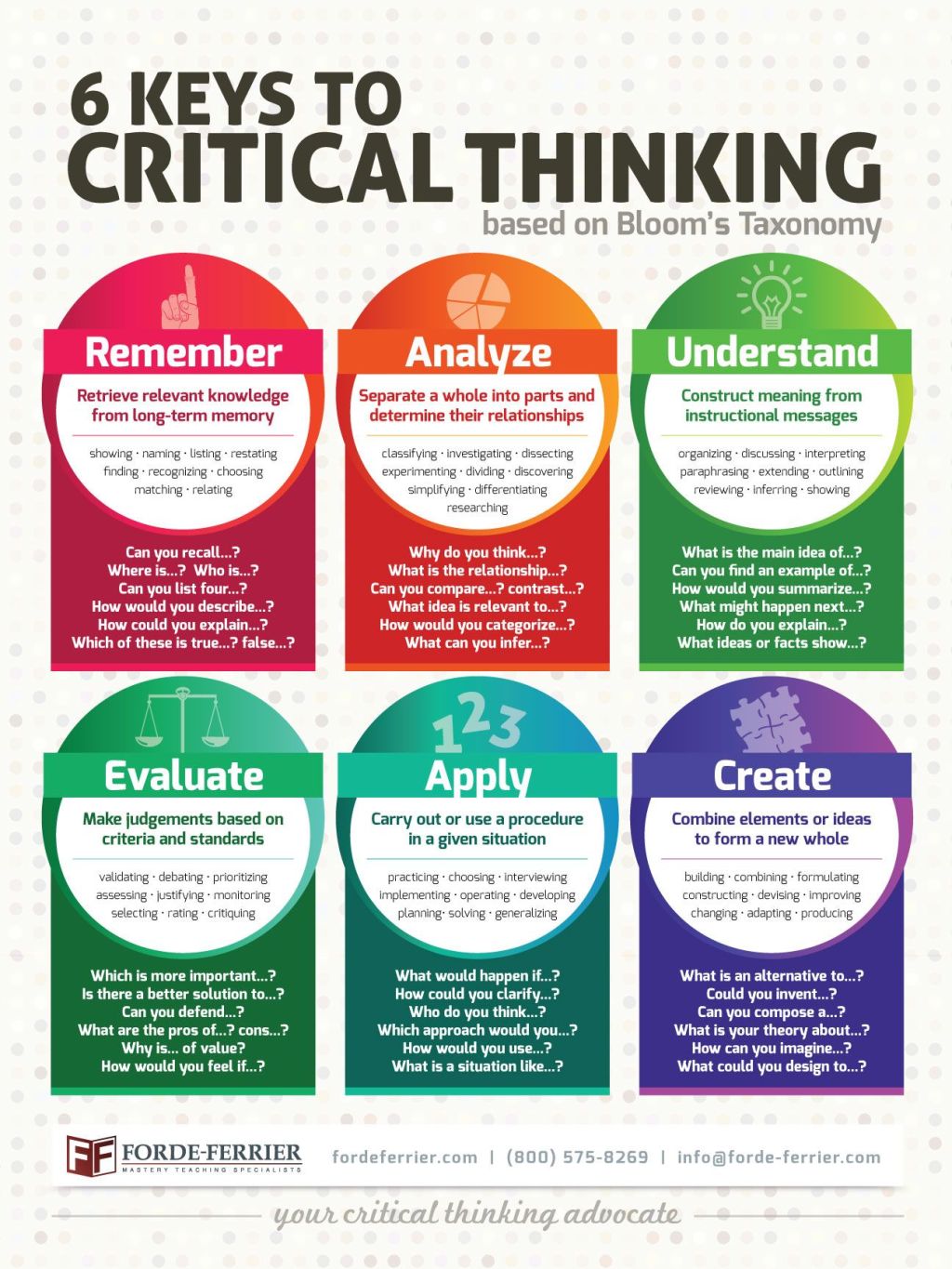Critical thinking skills are essential for students to develop in order to navigate the complexities of the world and make informed decisions. In alternative schooling and education settings, fostering critical thinking abilities is often a key focus due to the emphasis on independent learning and creative problem-solving.
One way to promote critical thinking skills in students is through encouraging questioning and curiosity. Teachers can create an environment where asking questions is encouraged, even if they challenge conventional wisdom or viewpoints. This helps students learn how to analyze information critically and form their own opinions based on evidence. For more insights, check out our article on Screen Time Boundaries That Actually Wor….
Another important aspect of developing critical thinking skills is teaching students how to evaluate sources of information. With the abundance of information available online, it’s crucial for students to be able to discern credible sources from unreliable ones. Teaching them how to fact-check, cross-reference information, and identify bias will equip them with valuable tools for making well-informed decisions.
Furthermore, engaging students in discussions that require them to consider multiple perspectives can help broaden their understanding of complex issues. Encouraging respectful debate and providing opportunities for students to defend their opinions with logical reasoning can strengthen their ability to think critically and articulate their thoughts effectively. You might also find Why Journaling Beats Overthinking Every Single Tim… interesting.
Incorporating real-world problems into the curriculum can also enhance critical thinking skills. By presenting scenarios that require creative solutions, students are challenged to think outside the box and apply their knowledge in practical ways. This hands-on approach fosters problem-solving abilities and encourages innovation. For more insights, check out our article on Creative Font Keyboards: A Surprisingly ….
Overall, cultivating critical thinking skills in alternative schooling environments involves creating a supportive atmosphere for questioning, teaching effective source evaluation techniques, promoting diverse perspectives through discussion, and incorporating real-world challenges into the learning process. By emphasizing these strategies, educators can empower students with the tools they need to thrive academically and beyond.

Leave a comment